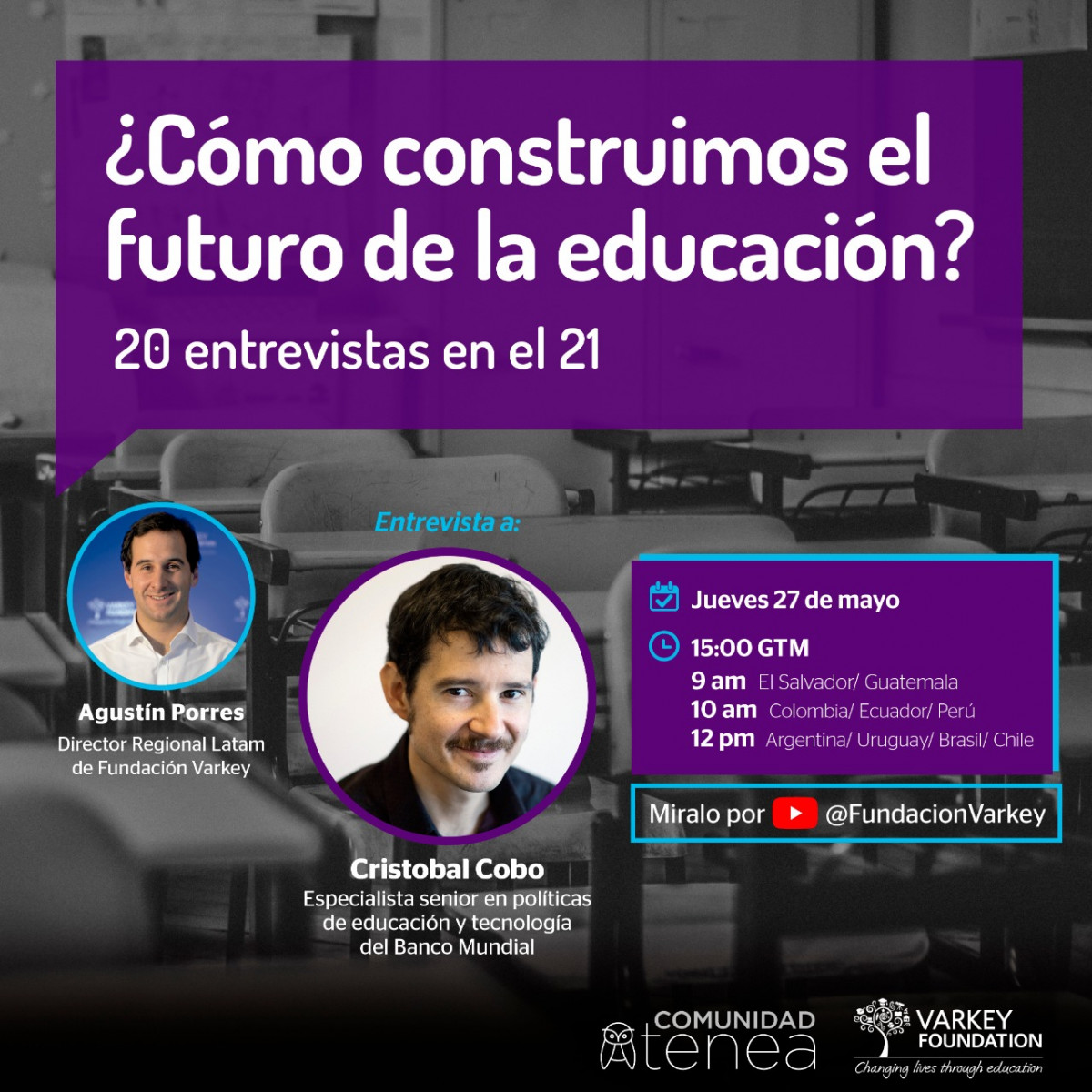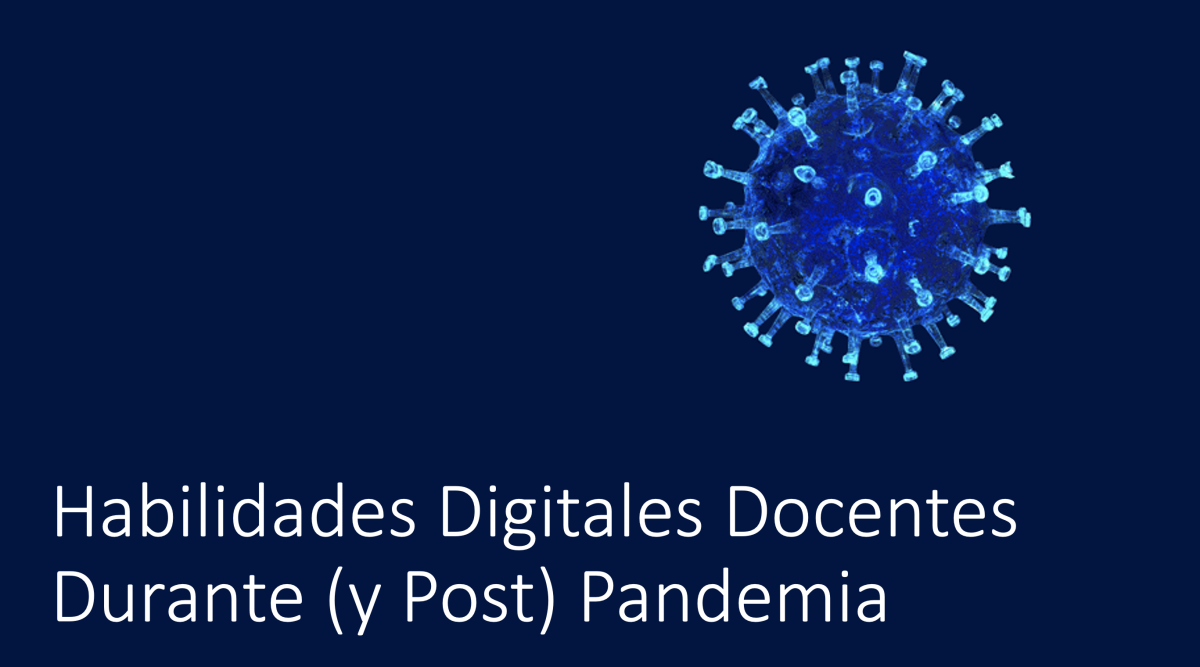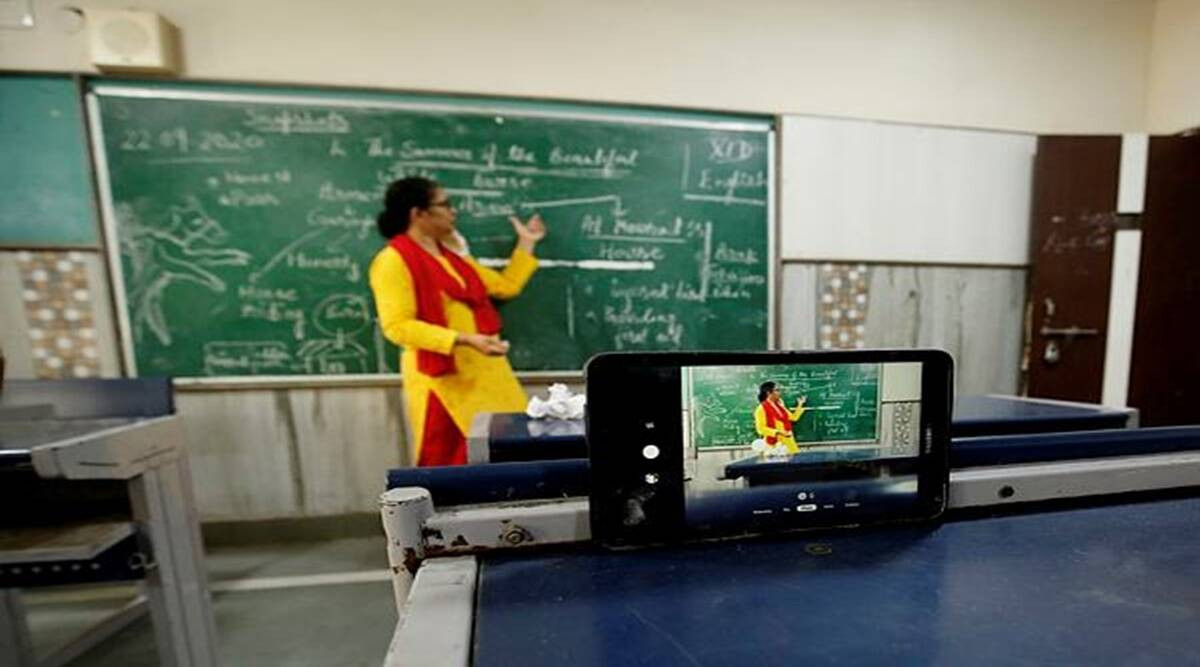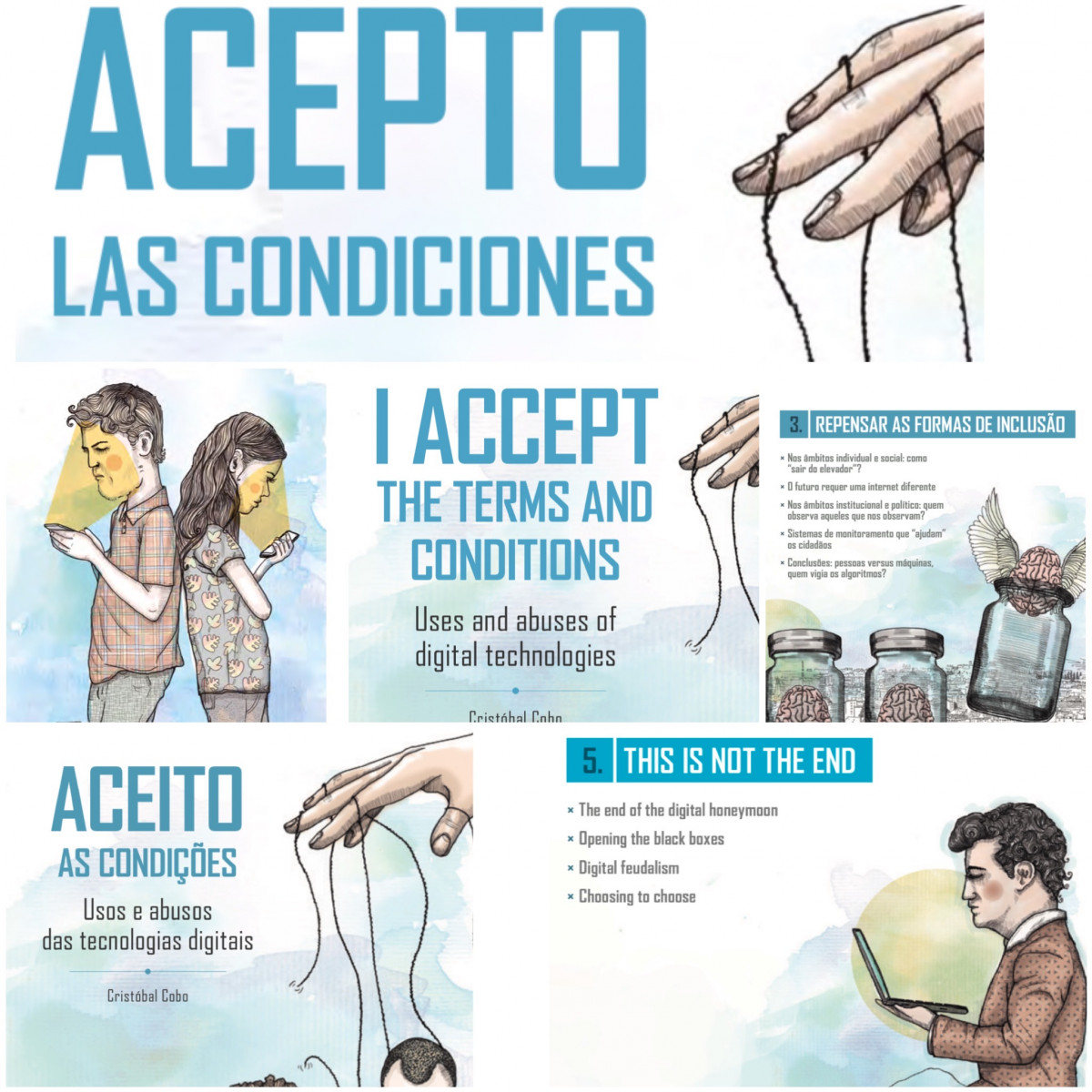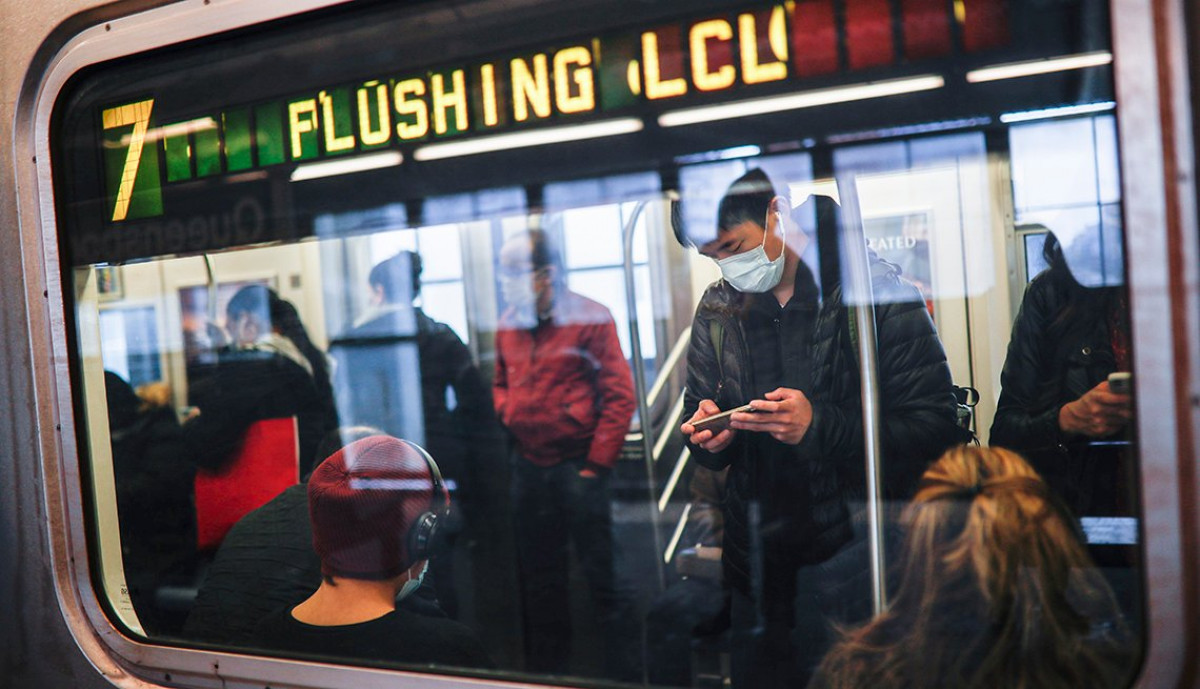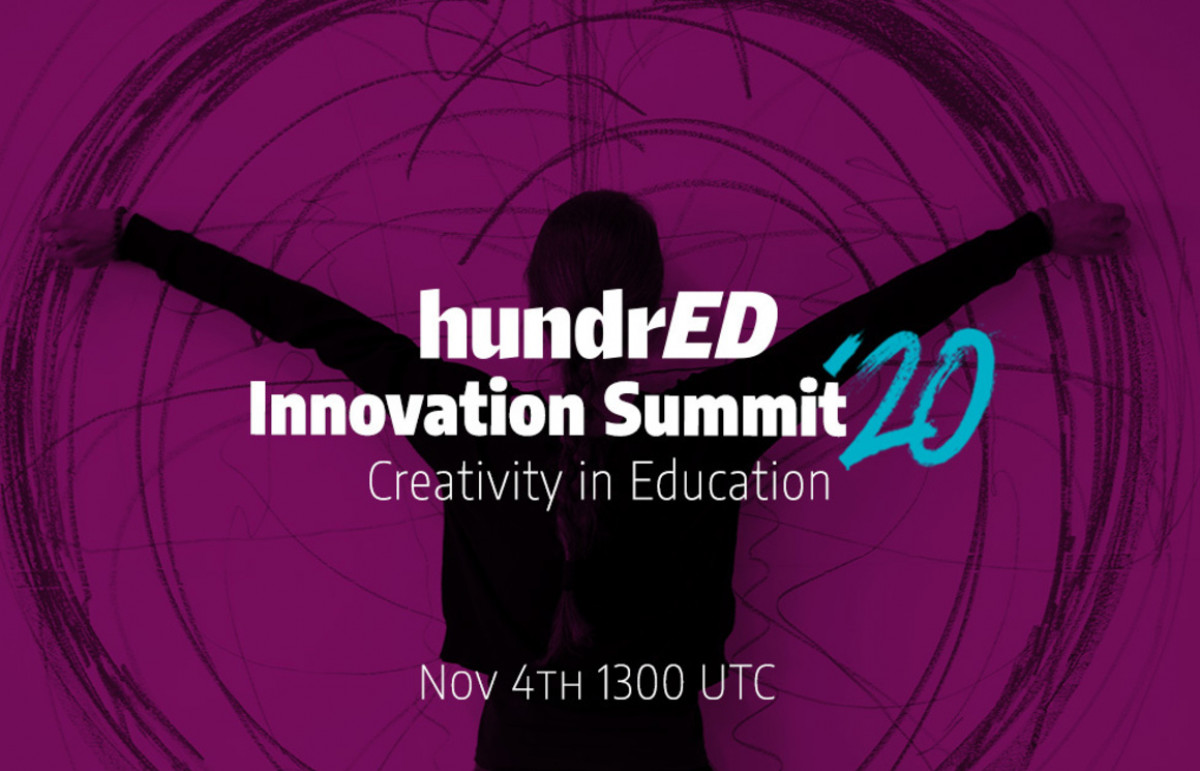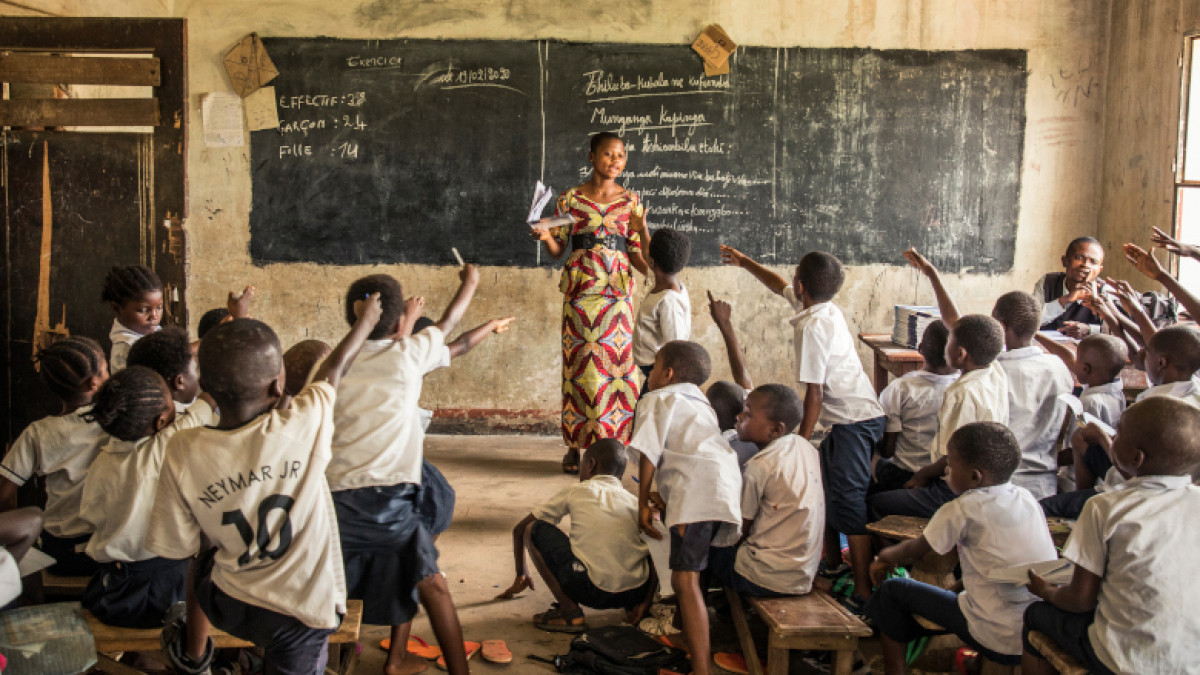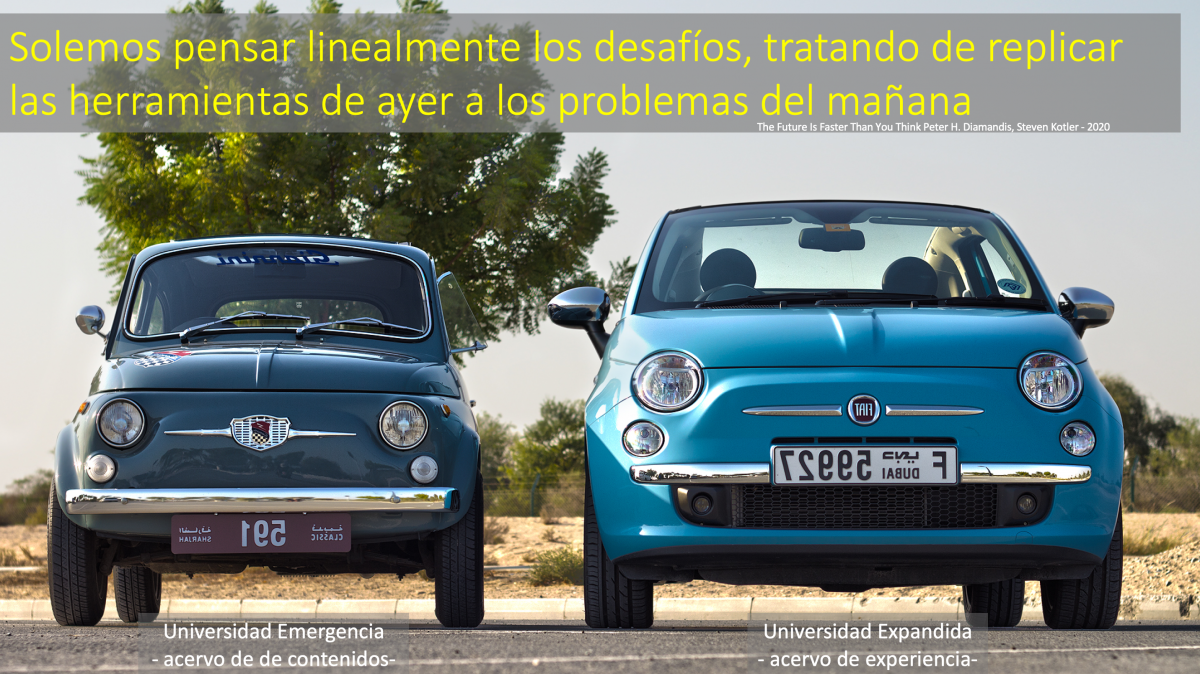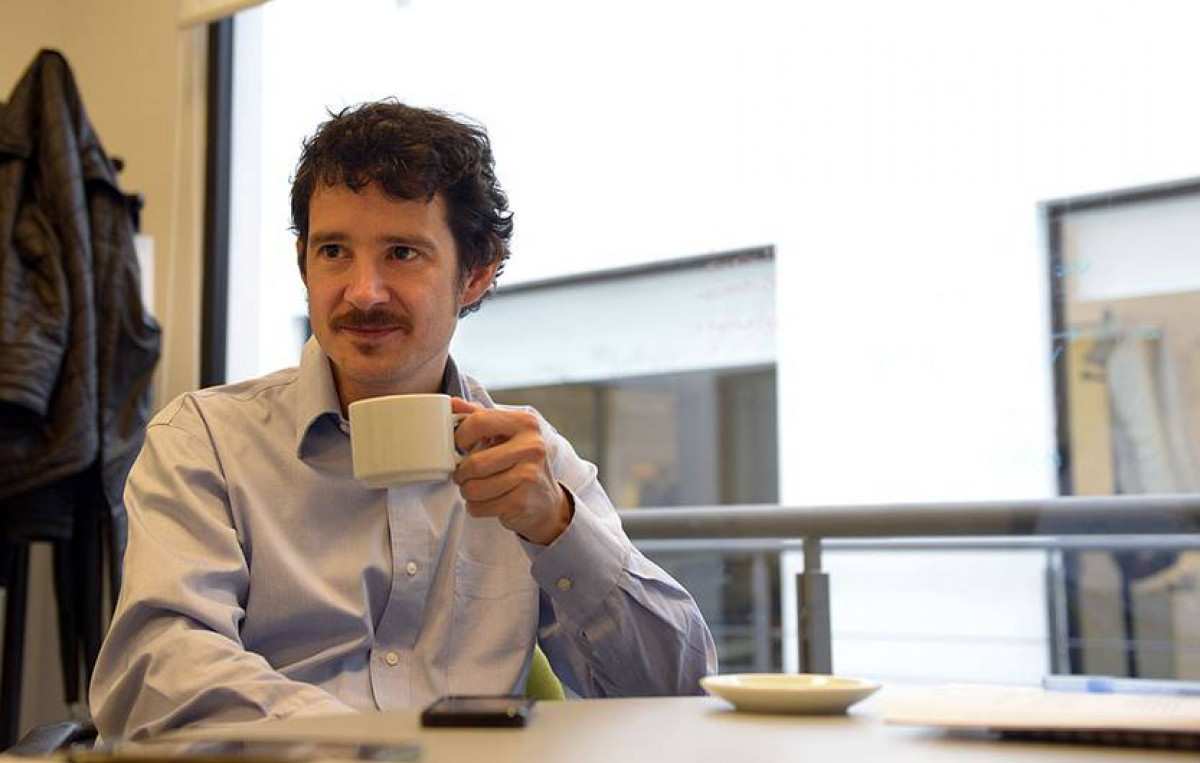Comparto una conversación sobre educación sobre educación y futuro que tuve con el Director Regional de la Fundación Varkey, Agustín Porres @agustinporres. En estos intercambios, recogeremos miradas disruptivas y originales sobre la educación que se viene y los diferentes caminos para acercarnos a ella. Agustín plantea una avalancha de preguntas y juntos exploramos futuros posibles caminos con una vista en lo que viene sin olvidarnos de los retos pendientes.
Blog
Esta presentación sobre competencias digitales docentes explora 5 preguntas: ¿Cuáles son los programas de formación de habilidades digitales docentes más efectivos? ¿Cómo integrar tecnología y pedagogía? ¿Qué enfoques de evaluación y monitoreo adoptar? ¿Qué mecanismos de apoyo e incentivo implementar? ¿Cuál es el diseño institucional más adecuado?
Algo que esta pandemia ha puesto en evidencia es que las distinciones que teníamos hasta el 2019 entre la educación presencial y la virtual o a distancia son hoy menores. A nivel global, diferentes sistemas educativos han abierto las puertas a nuevos formatos de enseñanza, nuevas formas de conectar estudiantes y docentes y es poco probable que eso desaparezca cuando acabe esta crisis.
La pandemia ha acelerado el papel de las tecnologías. Quizás sean necesarios cambios en nuestra mentalidad y comportamiento. ¿Hasta qué punto comprendemos la integración de las viejas y nuevas vulnerabilidades que surgen en la sociedad digital? Quizá haya que aclarar que este mensaje no debe simplificarse a un llamado contra todas las tecnologías digitales. Este es un llamado a la acción, a mantenernos críticos y en estado de alerta.
These press clippings might help us to understand how important is (and will be) to understand the transactional cost of our digital life. The pandemic has accelerated the role of technologies. Perhaps changes in our mindset and behaviors will be needed. To what extent we understand the old and new vulnerabilities that emerge in the digital society? No need to say that this message shall not be oversimplified as a call against all digital technologies. This is a call-to-action to be critical and to be alert. Citizens will still need to protect themselves in the smart city (I prefer smart citizens before smart cities).
This also is an unprecedented opportunity to rethink education systems, reimagine the learning organizations, empower the role of teachers, and perhaps reimagine what it means to learn. Despite all the challenges previously mentioned, it is also true that we have seen a wealth of experiences that are becoming a garden of innovations that are blooming in education. Today more than ever educational systems are all called to become learning organizations....
The COVID-19 health crisis created a unique difficult situation for teachers. With little warning and preparation they were required to conduct distance teaching and support remote learning, yet many were unable given the number of households that lack the relevant technology, tools and connectivity to allow pupils/students participate in the distant learning activities. Moreover, many teachers do not have ICT tools at home, even those with access to the internet often lacked the ICT skills and confidence to effectively conduct teaching online. In this workshop organized by my colleagues at UNESCO, we explored how to better support teachers in these challenging times...
Today we propose to recover these principles of "technological disobedience" and bring them to the learning processes. Our main concern is that today the use of technology is very asymmetric and focused on consumption. That is, a few created (either technologies or content) and many consume it created by others. This creates asymmetry and dependence that are not positive. Today is time to reverse this symmetry. We must strengthen the ability to create content and create new ways of understanding technology (learning new languages and in some cases create new technology).
Cobo, quien recientemente lanzó junto con Hugo Pardo el libro "Expandir la universidad más allá de la enseñanza remota de emergencia", habló de la necesidad de que las universidades administren, diseñen y exploren formas de construir experiencias de aprendizaje. Aunque señaló que no existe una “fórmula mágica” que se aplique a todas las instituciones de educación superior, compartió con educadores 10 sugerencias especializadas que pueden ayudarles a reimaginar la docencia.
Interview: Digital Technologies and Human Infrastructure. In this interview the challenges of a society increasingly dependent on digital technologies are explored: "Instead of considering the data literacies as a new and stand-alone capacity, I prefer to look at them as an extension of digital competences and critical thinking. These challenges might seem new, because of the novelty of these technologies, but they are not. The Socratic methods enables students to critically question what they see, read, hear, and do. Any good education system is expected to prepare learners to question and think critically, regardless of the interpretation of reality (e.g. verifying if a news source is reliable; locating the source of a fake video)."
- ← Anterior
- 3
- 4
- 5
- 6
- 7
- 8
- 9
- 10
- Siguiente →
